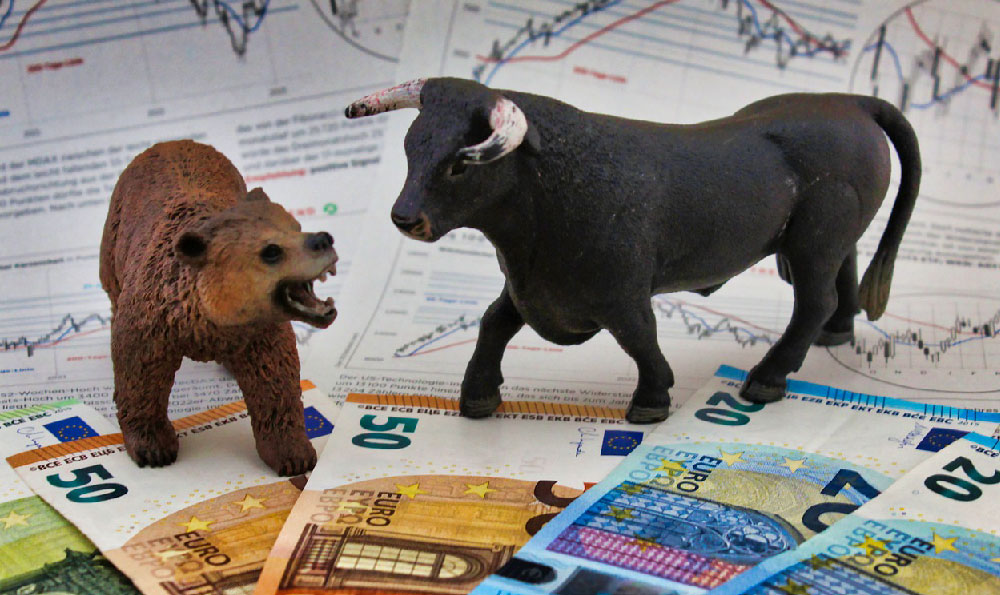
Investing in any foreign currency, including the Vietnamese Dong (VND), is a complex decision that requires careful consideration of several factors. It's not simply a matter of whether the Dong is a "worthwhile investment" in a vacuum; it depends heavily on your individual financial goals, risk tolerance, investment horizon, and existing portfolio diversification. To determine if investing in VND is suitable for you, we need to delve into the economic fundamentals of Vietnam, the potential risks and rewards associated with holding VND, and the practical considerations of how such an investment might be structured.
Vietnam's economy has been one of the fastest-growing in Southeast Asia over the past few decades. Driven by export-oriented manufacturing, a young and increasingly educated workforce, and significant foreign direct investment (FDI), the country has transformed from an agrarian society to a dynamic emerging market. Key sectors like textiles, electronics, and tourism have fueled this growth. The government's commitment to economic reform, including deregulation and privatization, has further attracted foreign capital and spurred entrepreneurship. This positive economic trajectory is a crucial factor to consider when evaluating the potential of the Vietnamese Dong. A robust and growing economy generally supports a stronger currency. Vietnam's strong GDP growth, often exceeding 6% annually, is a positive indicator. However, it is important to acknowledge that growth projections can be revised based on global economic conditions and unforeseen circumstances.
However, this positive outlook needs to be tempered with a realistic assessment of the challenges and risks. One significant concern is inflation. Vietnam, like many emerging markets, is susceptible to inflationary pressures due to factors like rising global commodity prices and increased domestic demand. While the State Bank of Vietnam (SBV) actively manages monetary policy to control inflation, fluctuations can still occur, impacting the real return on any VND-denominated investment. If inflation outpaces the appreciation of the Dong, the purchasing power of your investment could erode.

Another key risk is currency devaluation. The SBV maintains a managed floating exchange rate regime, meaning the Dong's value is allowed to fluctuate within a narrow band against the US dollar. While this provides some flexibility, the SBV intervenes in the currency market to prevent excessive volatility or sharp depreciations. Historical precedent demonstrates that the Dong has experienced periods of devaluation, particularly during times of economic stress or external shocks. A significant devaluation would reduce the value of your VND holdings when converted back to your home currency. The potential for unexpected policy changes by the SBV regarding the exchange rate is another aspect of this risk.
Furthermore, political and regulatory risks should not be overlooked. While Vietnam is generally considered politically stable, changes in government policy or international relations could have a significant impact on the economy and the currency. Corruption, while being addressed, remains a concern and could affect business confidence and investment flows. Understanding the regulatory environment and potential for changes is crucial.
Liquidity is another important consideration. Unlike major currencies like the US dollar or euro, the Vietnamese Dong is not widely traded internationally. This means that it may be difficult to buy or sell large amounts of VND quickly without impacting the exchange rate. This lower liquidity could translate to higher transaction costs and potentially wider bid-ask spreads. This limited accessibility may also restrict the investment options available to you.
Given these factors, direct investment in VND is often not practical or accessible for individual investors outside of Vietnam. Few brokers offer direct trading in VND, and the transaction costs associated with converting to and from VND can be substantial. However, there are alternative ways to gain exposure to the Vietnamese economy, which may indirectly benefit from a strengthening Dong. These include:
-
Investing in Vietnamese companies: Consider purchasing shares of companies listed on the Ho Chi Minh Stock Exchange (HOSE) or the Hanoi Stock Exchange (HNX). This allows you to participate in the growth of the Vietnamese economy directly. However, this carries the risks associated with investing in individual stocks, including company-specific risks and market volatility. Thorough research and due diligence are essential.
-
Investing in funds focused on Vietnam or Southeast Asia: Many mutual funds and exchange-traded funds (ETFs) invest in companies located in Vietnam or across the Southeast Asian region. These funds provide diversification and professional management, reducing some of the risks associated with investing in individual companies. However, it's crucial to review the fund's investment strategy, fees, and performance history before investing. Understanding the fund's currency hedging strategy is also important.
-
Investing in companies with significant operations in Vietnam: Some multinational corporations have substantial operations in Vietnam and derive a significant portion of their revenue from the country. Investing in these companies can provide indirect exposure to the Vietnamese economy. Analyzing the company's financial statements and understanding its exposure to Vietnamese currency risk is crucial.
Before making any investment decision, it is highly recommended to consult with a qualified financial advisor who can assess your individual circumstances and provide personalized recommendations. They can help you understand the risks and rewards associated with investing in VND or related assets and develop a comprehensive investment strategy that aligns with your financial goals. Remember that no investment is guaranteed to generate a profit, and all investments carry some degree of risk. Conduct thorough research, understand your risk tolerance, and seek professional advice before investing in the Vietnamese Dong or any other foreign currency. Diversification is key, and it is rarely advisable to put all your eggs in one basket, especially one involving a relatively illiquid and volatile emerging market currency.





